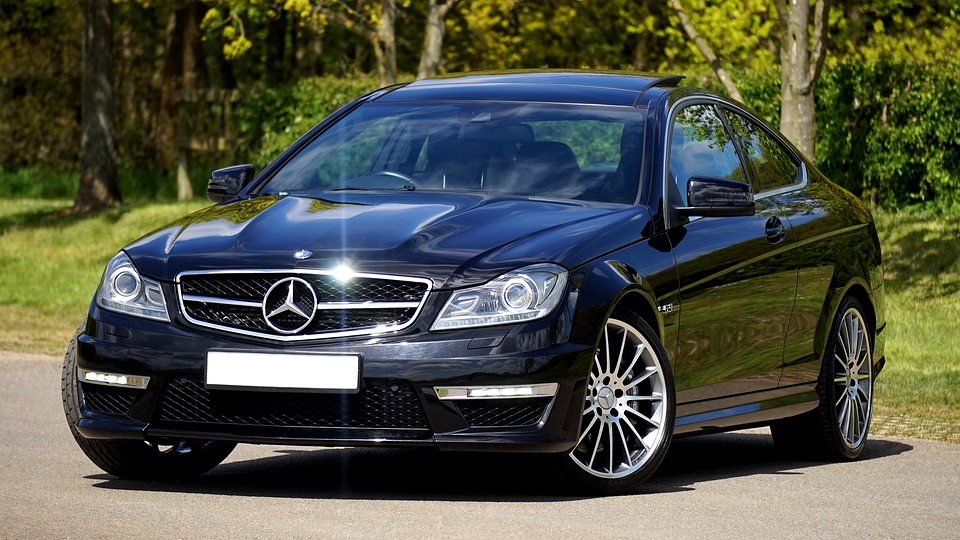By Ruth King, Special for USDR
A colleague was helping a business owner look for funding for his business. He introduced him to a potential investor at lunch. The next day the investor called my colleague and told him that the person was nice but he would never invest in his business. My colleague asked why. The investor said that he had the “Mercedes Benz syndrome”.
“What’s that?” asked my colleague. The investor explained that during the conversation at lunch he found out that this person was funding a $2,200 Porsche lease through the business. He appeared interested in having the business pay for his personal lifestyle. The investor explained to my colleague that his money was not going to pay for a car lease. His investments were supposed to help grow the business; not the owner’s personal “finer things of life”. He went on to explain that he called this the “Mercedes Benz syndrome” where the business pays for unnecessary personal assets, i.e. the owner’s “Mercedes Benz”. Investment that is supposed to go towards the business’ needs goes towards the owner’s personal needs.
It struck me that a lot of company owners do this too. These are the owners who don’t understand that cash does not mean profits and that having cash does not mean that you have to spend it. These are the owners who use the business cash to buy boats, have the company pay for expensive trucks and cars, write off vacations, build an expensive home, have a non-working relative on the payroll, etc. Instead of investing in the business, they invest in themselves.
Don’t get me wrong. There is absolutely nothing wrong with enjoying the fruits of your labor. However, you can’t do it at the expense of your business. You have to save cash for the downturns. You have to save “for a rainy day.”
So how do you avoid the Mercedes Benz syndrome? You make sure that you are earning enough on products to generate reasonable profits. You save some of the money you generate from collections on those sales.
You can actually save relatively painlessly. Save 1% of every check that comes in the door. That means if your deposits for the week total $1,000 you write a check for $10 and deposit that $10 in a savings account at the same time. You’ll never miss the $10. And, that $10 will start earning interest. Interest is very small now. But it still is money you get that isn’t dependent on your company’s sales. And, as your rainy day account grows you could take part of it and invest in other assets that might generate more interest.
This savings plan is easy. However, it takes discipline to do it. Use it in your business and in your personal life. You never know when you might need that “rainy day” money.
How much should you save? It depends upon how much of a risk taker you are. It depends on whether your company has a line of credit. If you have a line of credit and it isn’t used, that can be a form of emergency cash. However, even with that safety net, many company owners like to have at least two to three months overhead expenses saved. Others have the value of at least six weeks payroll and payroll taxes in the bank at any moment. Their reasoning is that if no sales (and collections) were generated during this time period, they could still meet payroll.
Hopefully you don’t have the “Mercedes Benz syndrome”. Good profits and savings will prevent you from a financial hardship in years to come.

